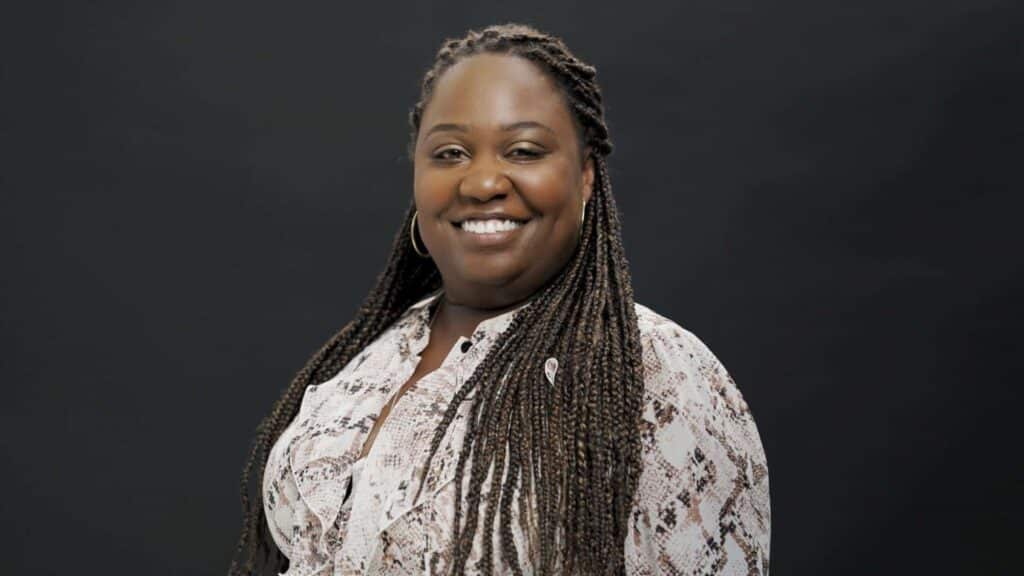Last week, the SBS ran an article titled Jess is single and wants to buy a home. Her mortgage broker told her she ‘can’t have it all‘. Got your attention right?
The article explains that Jess ‒ a single woman in her late 30s, on an above-average salary ($120,000) has been unsuccessful in her attempts to buy a first home due to rising interest rates. Jess’ mortgage broker advised her that “She can’t have it all” and that “[she’s] got to pick and that’s tough”. It then goes on to discuss the challenges single people and mortgage holders around the country are currently facing.
While the article clearly aims to highlight just how hard it is for single people to enter the market, Australia’s ongoing housing affordability crisis and the impact of last Tuesday’s RBA rate rise, it also highlights a pervasive and deeply seeded gender stereotype that persists in society today – that women, in particular, can either ‘have it all’ or not.
The ‘have it all’ narrative is still really only used in reference to women as shown in this article. It creates a false dichotomy that suggests that women in particular have a choice to make between a home, family, travel, and their careers, placing an unfair burden on them. Worse, it discourages women from pursuing their dreams, like home ownership, further contributing to gender inequality.
It’s especially troubling when one considers that statistically, women in Australia experience lower levels of financial confidence than men. For example, a recent study by Fidelity International found that while 66% of women surveyed are confident in their ability to manage their money, 80% of men responded positively to the same question. So, what message are we sending to women who may already be suffering from a lack of confidence about what they can achieve financially? While I’m sure Jess’ broker meant well, these words do not instill confidence in women who look to their brokers for advice and guidance when making what’s likely to be the biggest investment of their lives.
It’s an inescapable reality that in today’s housing market, we all have tough choices to make. However, this reality is as true for men as it is for women. In my own case, I chose to start a business instead of buying my first home. I also know plenty of men (both single and partnered) who are making tough choices and realising they too can’t ‘have it all’. So why are we still using the ‘have it all’ language when describing women’s circumstances?
As a woman in a similar position to Jess, and the founder of a startup focused on helping women to build financial independence through various strategies, such as home ownership, I am all too aware of the challenges single women are facing in today’s market. These challenges still include gender bias and discrimination which negatively impact women’s experiences when trying to buy a home.
Through my research, I’ve heard from women who’ve told stories of brokers deferring to their partners when they tried to get a home loan despite the fact that they were earning more than their partner. While I don’t believe that this behaviour is the norm, it does demonstrate that when it comes to home ownership in Australia, saving for a deposit is just one of many hurdles that women fae.
It saddens me to think about how many women have been discouraged from pursuing their home ownership dreams due to these three words – and after reading this article!
A more constructive approach would have been to help single women better understand the options available to them and how they can still realise their homeownership dream in a fiscally responsible way.
For example, over the past 18 months, I’ve celebrated with quite a few women in the Penny community who could buy their first home by remaining flexible, creative and realistic. Some women achieved their goal by purchasing in another state, such as South Australia and Tasmania, buying an investment property, moving in with family and friends temporarily, buying something smaller than they’d initially wanted or even a fixer-upper. Others bought and moved in with a parent or friend, and some used investment vehicles or found additional income streams to help them achieve their goal. There are also first-home buyer schemes, subsidies and shared ownership schemes that are all designed to help people enter the market. While these options won’t work for everyone they are worth in-depth consideration.
The ‘have it all’ narrative is just one of many obstacles that women face on the path to financial equality. Rather than perpetuating them, more focus should be placed on encouraging and supporting women to achieve their goals.
Focus should also be placed on lending institutions and financiers who play a crucial role in improving women’s access to finance (and are making record profits). These institutions could offer women more flexible lending options, better financial literacy and education services, help stamp out gender bias and discrimination in the industry, and implement better policies and practices to create a more equitable property market for everyone, irrespective of gender.
Feature Image: Jemi Jeng.



